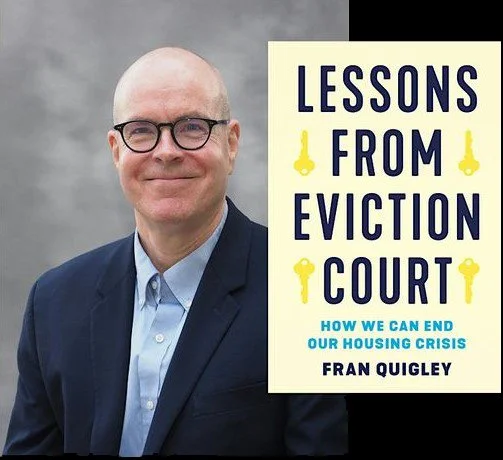“The Secret of Affordable Housing: Governments Have to Do It”
Article Spotlight
This piece originally appeared on Fran Quigley’s blog Housing Is A Human Right on June 27, 2025.
Earlier this month, Governing magazine published an important article by its longtime executive editor Alan Ehrenhalt: “The Secret of Affordable Housing: Governments Have to Do It.”
Readers of this newsletter know about our support for public housing. Done right, public housing is the true solution to our housing crisis.
You can see our article about public housing success in the U.S. here. In it, we quote Human Rights Watch’s Jackson Gandour: “Fundamentally, public housing in the U.S. needs money to achieve its potential. It can be done: other governments are doing it well every day, and even the U.S. experience shows it is well within our capacity.”
You can see our first-hand account of the Vienna public housing success here. In that article, we observe: “Half of the city’s 1.8 million residents live in subsidized housing. The city has virtually no visible homeless population and no “slum” areas of concentrated poverty and low-quality housing.”
And you can read lawmakers talking about wonderful public housing in Singapore here. We quote Hawaii State Senator Stanley Chang: “Social housing in Singapore is a complete solution. It is a silver bullet. It is not one of many actions that need to be taken. It is the answer.”
Now Ehrenhalt has added an important voice to this chorus. His article cites a Chicago program as a possible example of moving away from the broken U.S. practice of subsidizing the private sector in the search for housing solutions. “Why is (Chicago mayor) Brandon Johnson’s “Missing Middle Infill Housing” program worth taking a look at?” Ehrenhalt asks. “Here’s why: It involves the local government more directly in the production of housing than just about any of the other efforts. It isn’t just handing money to developers and telling them to get to work. The city is, or at least is projected to be, an active partner.”
Ehrenhalt reviews the extensive U.S. history of government involvement in housing. Initially, local and federal governments directly developed housing, some of it modeled on the Vienna program. But, for the past 70 years, governments in the U.S. have largely settled for a role as a “cash machine” for developers, in Ehrenhalt’s words.
“The plain fact is that subsidies to private developers, no matter how generous, have not done much to solve the affordable-housing problem,” Ehrenhalt writes, echoing a theme that critics of programs like the Low-Income Housing Tax Credit have made for years. “The only practical way to generate significant amounts of affordable housing at this point is for local governments to manage it and regulate it. A long time ago, that was standard practice in urban America. Could it be standard practice again?”
Let’s hope so. Ehrehnalt’s article is available online here.

